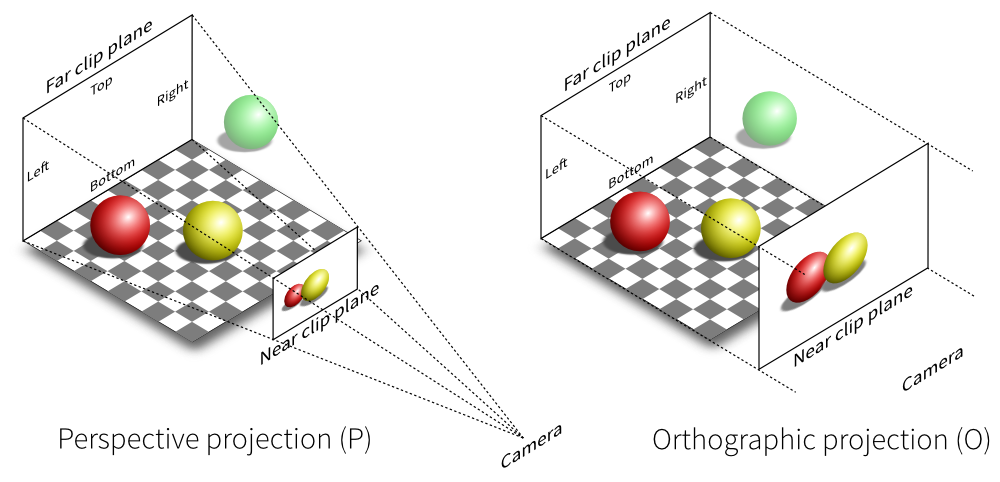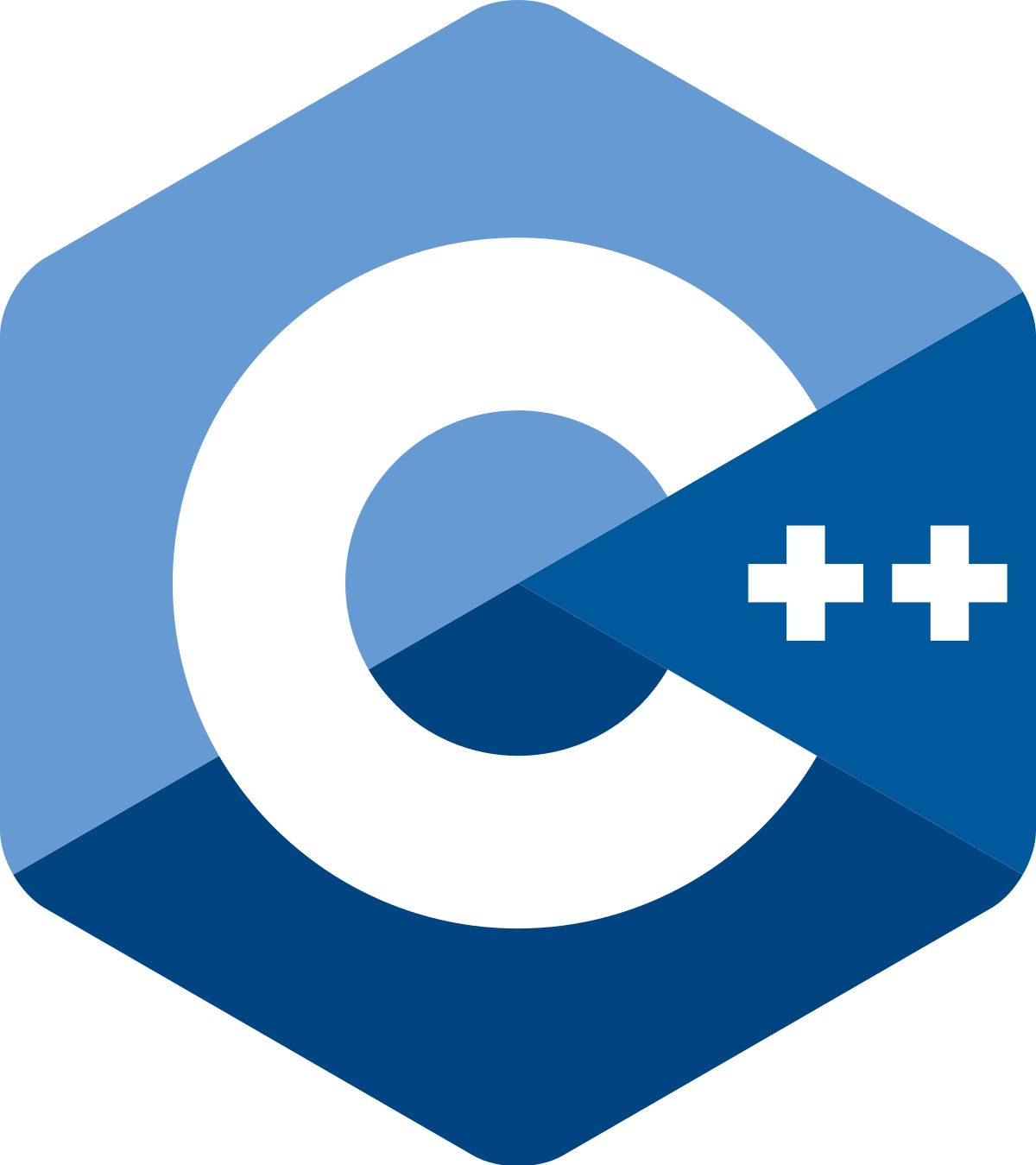1
2
3
4
5
6
7
8
9
10
11
12
13
14
15
16
17
18
19
20
21
22
23
24
25
26
27
28
29
30
31
32
33
34
35
36
37
38
39
40
41
42
43
44
45
46
47
48
49
50
51
52
53
54
55
56
57
58
59
60
61
62
63
64
65
66
67
68
69
70
71
72
73
74
75
76
77
78
79
80
81
82
83
84
85
86
87
88
89
90
91
92
93
94
95
96
97
98
99
100
101
102
103
104
105
106
107
108
109
110
111
112
113
114
115
116
117
118
119
120
121
122
123
124
125
126
127
128
129
130
131
132
133
134
135
136
137
138
139
140
141
142
143
144
145
146
147
148
149
150
151
152
153
154
155
|
#include <bits/stdc++.h>
namespace IO {
inline char read() {
static const int IN_LEN = 1000000;
static char buf[IN_LEN], *s, *t;
s == t ? t = (s = buf) + fread(buf, 1, IN_LEN, stdin) : 0;
return s == t ? -1 : *s++;
}
template <typename T>
inline bool read(T &x) {
static char c;
static bool iosig;
for (c = read(), iosig = false; !isdigit(c); c = read()) {
if (c == -1) return false;
c == '-' ? iosig = true : 0;
}
for (x = 0; isdigit(c); c = read()) x = x * 10 + (c ^ '0');
iosig ? x = -x : 0;
return true;
}
inline void read(char &c) {
while (c = read(), isspace(c) && c != -1)
;
}
inline int read(char *buf) {
register int s = 0;
register char c;
while (c = read(), isspace(c) && c != -1)
;
if (c == -1) {
*buf = 0;
return -1;
}
do
buf[s++] = c;
while (c = read(), !isspace(c) && c != -1);
buf[s] = 0;
return s;
}
const int OUT_LEN = 1000000;
char obuf[OUT_LEN], *oh = obuf;
inline void print(char c) {
oh == obuf + OUT_LEN ? (fwrite(obuf, 1, OUT_LEN, stdout), oh = obuf) : 0;
*oh++ = c;
}
template <typename T>
inline void print(T x) {
static int buf[30], cnt;
if (x == 0) {
print('0');
} else {
x < 0 ? (print('-'), x = -x) : 0;
for (cnt = 0; x; x /= 10) buf[++cnt] = x % 10 | 48;
while (cnt) print((char)buf[cnt--]);
}
}
inline void print(const char *s) {
for (; *s; s++) print(*s);
}
inline void flush() { fwrite(obuf, 1, oh - obuf, stdout); }
struct InputOutputStream {
template <typename T>
inline InputOutputStream &operator>>(T &x) {
read(x);
return *this;
}
template <typename T>
inline InputOutputStream &operator<<(const T &x) {
print(x);
return *this;
}
~InputOutputStream() { flush(); }
} io;
}
namespace {
using IO::io;
const int MAXN = 100000;
int n, m;
struct Data {
int deg, id;
inline bool operator<(const Data &d) const { return deg > d.deg; }
} d[MAXN + 1];
std::vector<int> edge[MAXN + 1];
typedef std::vector<int>::iterator Iterator;
bool vis[MAXN + 1];
int tag[MAXN + 1];
inline void solveCase() {
for (register int i = 1, u, v; i <= m; i++) {
io >> u >> v, edge[u].push_back(v), edge[v].push_back(u);
d[u].deg++, d[v].deg++;
}
for (register int i = 1; i <= n; i++) d[i].id = i;
memset(vis, false, sizeof(bool) * (n + 1));
memset(tag, 0, sizeof(int) * (n + 1));
register long long ans = 0;
std::sort(d + 1, d + n + 1);
for (register int i = 1, cur, cnt; i <= n; i++) {
vis[cur = d[i].id] = true;
for (register Iterator p = edge[cur].begin(); p != edge[cur].end(); p++)
tag[*p] = cur;
for (register Iterator p = edge[cur].begin(); p != edge[cur].end();
p++) {
cnt = 0;
if (!vis[*p])
for (register Iterator k = edge[*p].begin();
k != edge[*p].end(); k++)
if (tag[*k] == cur) cnt++;
ans += ((long long)cnt * (long long)(cnt - 1)) / 2;
}
}
io << ans << '\n';
for (register int i = 1; i <= n; i++) edge[i].clear();
for (register int i = 1; i <= n; i++) d[i].deg = 0;
}
inline void solve() {
register int T;
for (io >> T, T--; T--;) io >> n >> m, solveCase();
io >> n >> m, solveCase();
}
}
int main() {
solve();
return 0;
}
|




